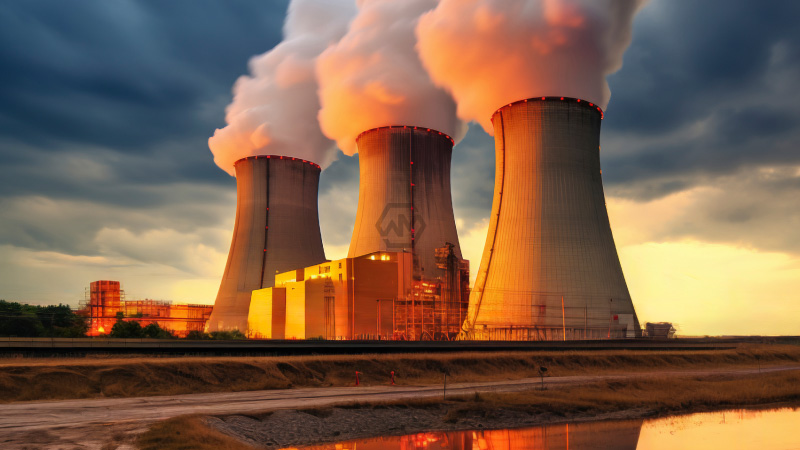- Australia‘s federal opposition proposes building nuclear reactors, slowing renewable energy progress.
- Labor government emphasizes renewable energy and criticizes the opposition’s plan.
- The debate reflects past climate policy divisions and impacts upcoming elections.
The proposal by Australia’s federal opposition to build seven state-owned nuclear reactors and slow down renewable energy projects has reignited the country’s climate policy debates.
Supporters of the opposition’s plan argue that nuclear power is a more cost-effective and safer way to achieve net-zero emissions by 2050, despite Australia being a major producer of uranium.
Australia’s Nuclear Ambitions Clash with Renewable Energy Goals
Australia’s federal opposition has put forward a controversial plan to slow down the country’s renewable energy progress by building seven state-owned nuclear plants. This policy marks a significant departure from the current government’s emphasis on renewable energy sources such as solar and wind. The opposition believes this nuclear strategy will achieve net-zero emissions by 2050 more cost-effectively and safely, despite the substantial upfront costs associated with nuclear power plants.
The governing Labor Party strongly opposes this move, arguing that it threatens investments in renewable energy and could lead to higher emissions in the short term. Energy Minister Chris Bowen has labeled the opposition’s proposal as an attempt to prolong the use of coal and fossil fuels, which he argues would be detrimental to Australia’s efforts to combat climate change.
Public opinion on this issue is divided, with polls showing around half of Australians supporting nuclear power. The opposition is capitalizing on the discontent among those who oppose the installation of wind and solar farms near their properties. However, analysts suggest that this plan may not gain enough traction in marginal seats to secure a victory for the opposition in the upcoming election.
Historically, Australia’s climate policy has been a contentious issue, with the “climate wars” of the 2010s seeing significant political division over how to address climate change. The renewed debate over nuclear versus renewable energy sources is reminiscent of these past conflicts, highlighting the ongoing challenges in forming a unified national strategy for sustainable energy.
The renewed debate over nuclear energy versus renewables in Australia underscores the deep divisions in the country’s approach to climate policy. As the election approaches, the outcome of this confrontation will significantly influence Australia’s energy and environmental strategies for decades to come.
“It is a ploy to keep coal running longer, at a massive cost to reliability and emissions.” – Energy Minister Chris Bowen



